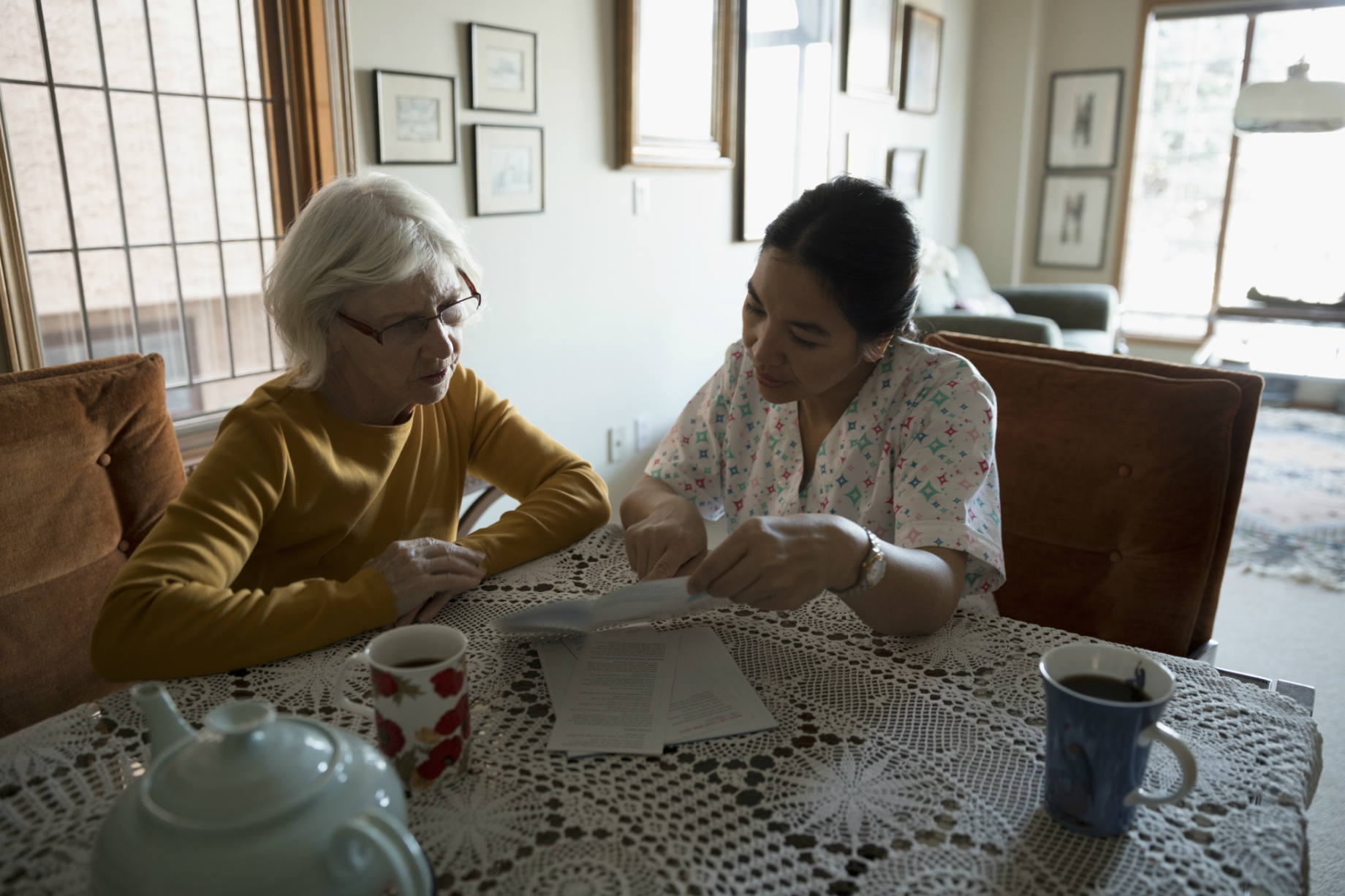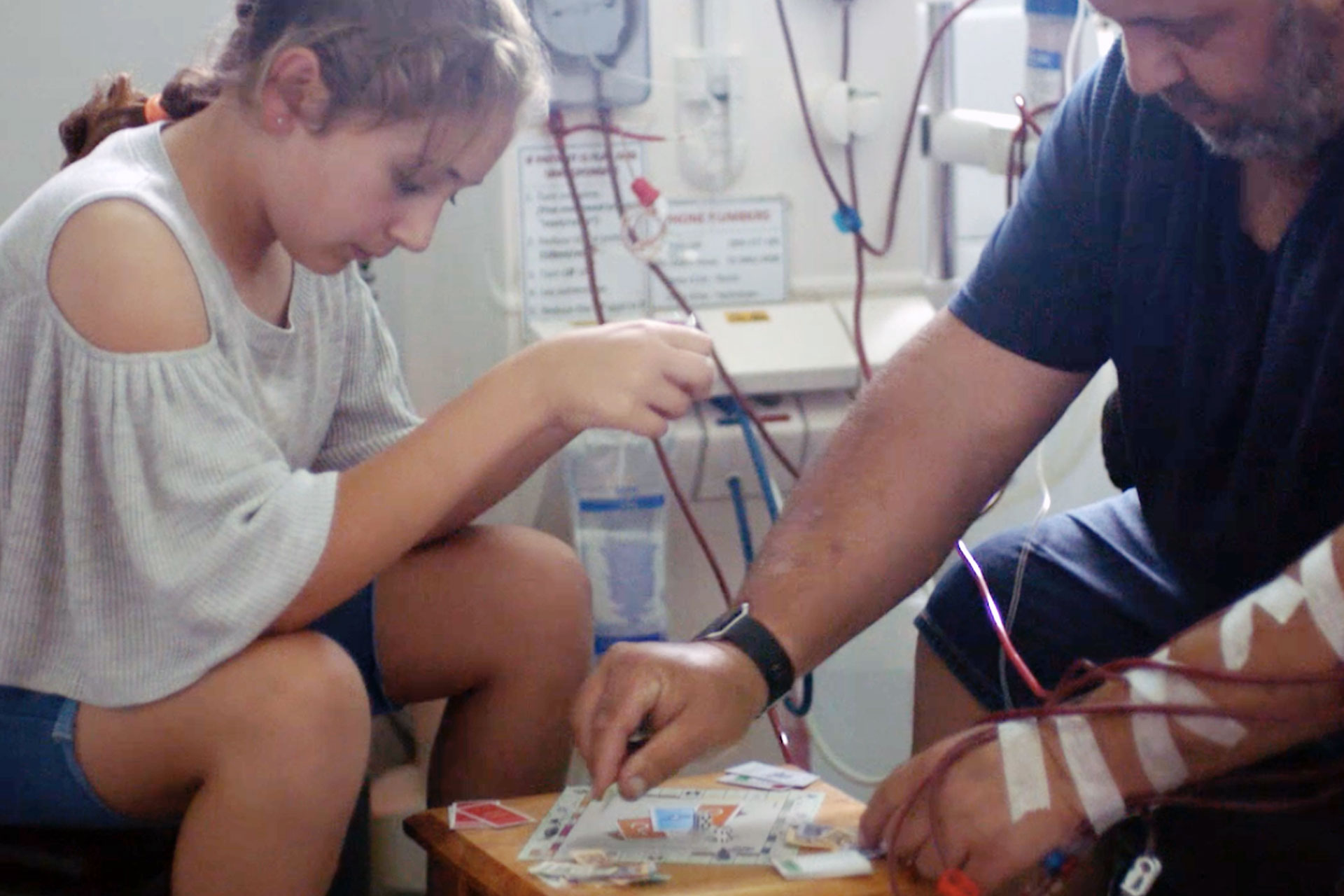-
It’s normal to feel sad when your last child leaves home, however some parents suffer from feelings of grief and anxiety that have been dubbed ‘Empty Nest Syndrome’ (ENS).
What does ENS feel like?
Most parents feel a little sad when they wave goodbye to their children, but most are excited for their new chapter and accept this sadness as part of life. Others find it harder to cope. ENS can be described as a sense of grief at the prospect or aftermath of a child leaving home.
Why does this happen?
A child leaving home is a big event and some parents may find this overwhelming which can lead to ENS.
Often associated with feelings of worthlessness and disorientation caused by the loss of a role to fulfil, ENS can be compared to feelings you might experience after been made redundant or whilst adapting to retirement.
ENS can also be caused by the daunting prospect of having to establish a new boundaries with your adult child as they forge their independence, spending time as a couple (or alone) again after years of sharing your home or the prospect of a lack of routine.Am I likely to suffer from ENS?
As this is not a clinical condition it’s hard to say who will be most affected by ENS. The Better Health Channel suggests that mothers are more susceptible to the feelings of grief associated with ENS but other common factors have been reported amongst sufferers including:
- Those who consider change to be stressful rather than exciting: people who struggle with events such as moving house or sending children to school.
- Full-time parents are more affected than those in part-time or full-time employment
- Parents with an unstable marriage or home life
- Parents who feel their children are not yet ready to take on adult responsibilities.
What can I do if this happens to me or my partner?
You might feel silly for speaking up about your feelings of grief, however your child leaving home could be a significant stress and there are strategies you can use to cope.
According to Way Ahead Mental Health Association, acknowledging your feelings and communicating is the best thing you can do. The feelings of grief you might experience are often exacerbated by the feeling that no one understands or that you shouldn’t be feeling so strongly.
Try talking to your partner or friends who have already been through the same situation. Surrounding yourself with a strong support network can ease any overwhelming feelings of sadness or anxiety.
Finally, try to see this as an exciting new chapter for you, as well as your child. Once you have come to terms with the departure of your child from the family home, this could be a great time to look for new opportunities in your personal and professional life or spend some quality time with your partner.
Everyone feels sad from time to time, however if you’ve not been yourself for more than two weeks you can seek support from Beyond Blue. You can check the signs and symptoms of depression on their site or contact their free helpline to speak to someone immediately. If you’re struggling to cope, you can also speak to your doctor. They will be able to advise the best course of action for you.
Empty Nest Syndrome: what, why and how to cope

-
Innovating for members living with chronic disease
Medibank is supporting our members living with chronic diseases such as heart disease, arthritis, and diabetes, through our CareComplete programs.
-
Medibank’s palliative care at home trial
Giving our customers choice in where they would like to receive their end-of-life care can provide dignity, privacy and help them retain control over the care they receive.
-
How your phone habits affect your sleep
And what it means for your mental health, hormones and more.
-
Medibank trialling haemodialysis at home
Giving members with chronic kidney disease more choice
-
The origins of western and eastern medicine
Two schools of thought explained
-
Almost half of hospital patients are looking for more support
Find out how Medibank is helping.
Subscribe to receive the best from Live Better every week. Healthy recipes, exercise tips and activities, offers and promotions – everything to help you eat, move and feel better.
By clicking sign up I understand and agree to Medibank's privacy policy






